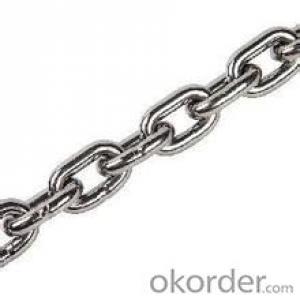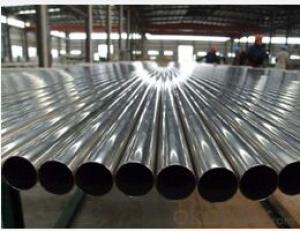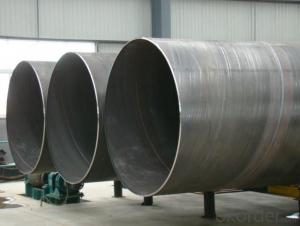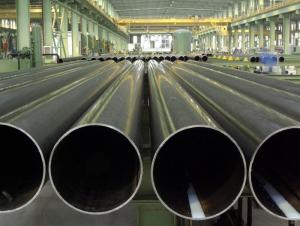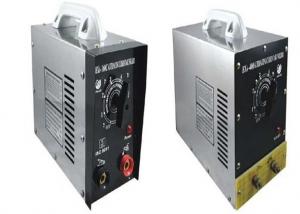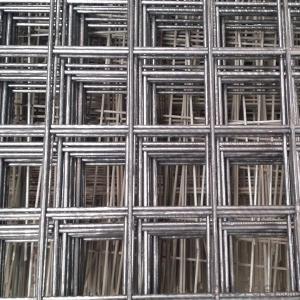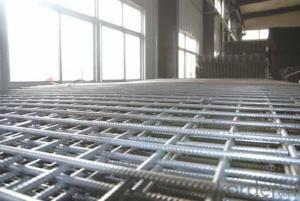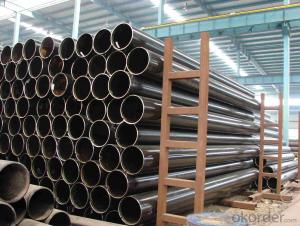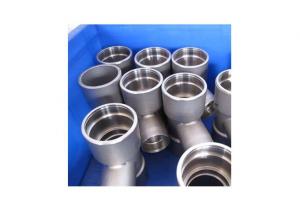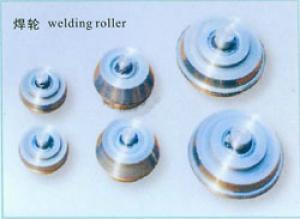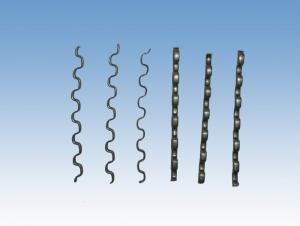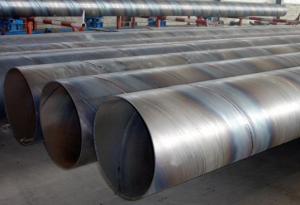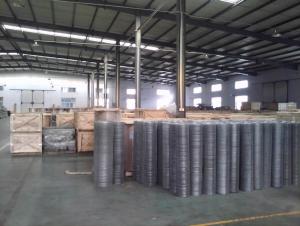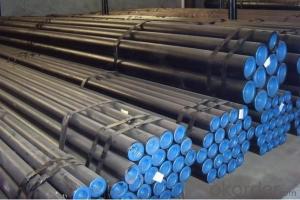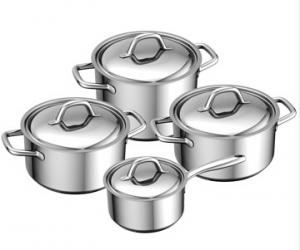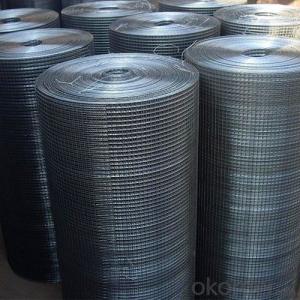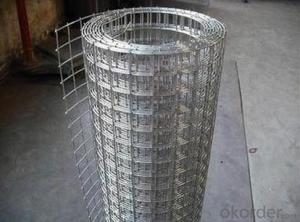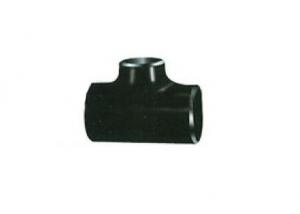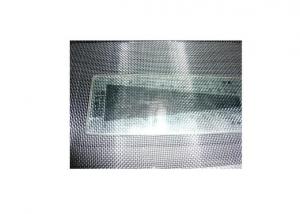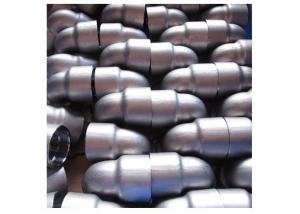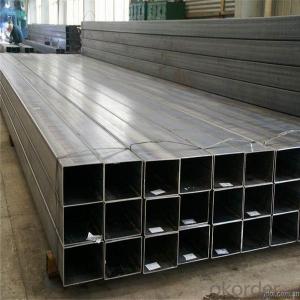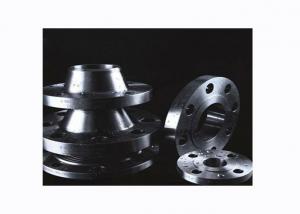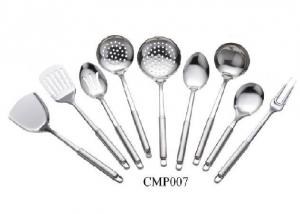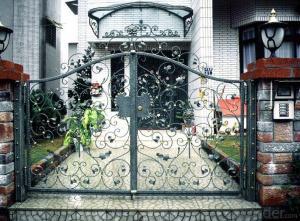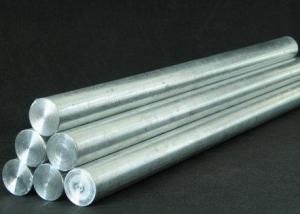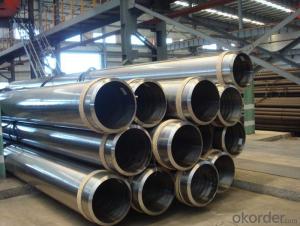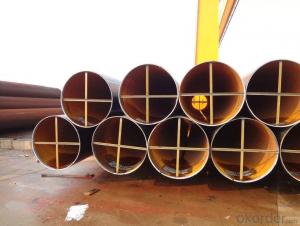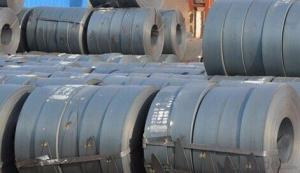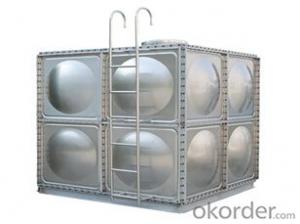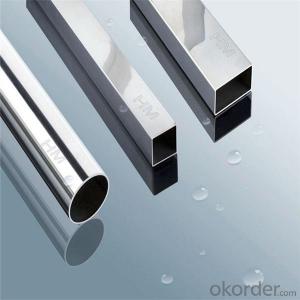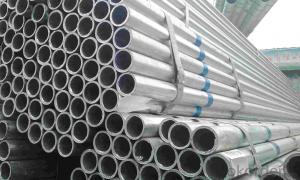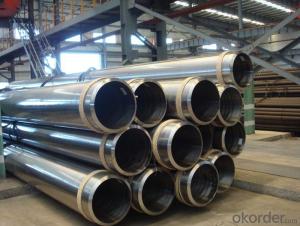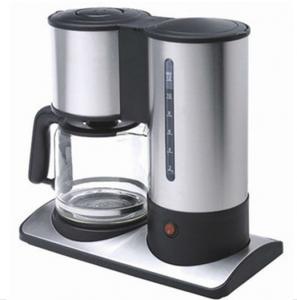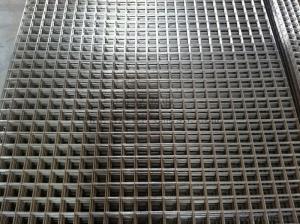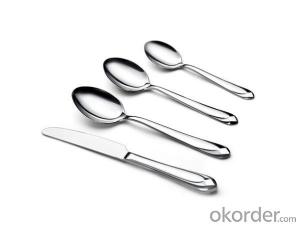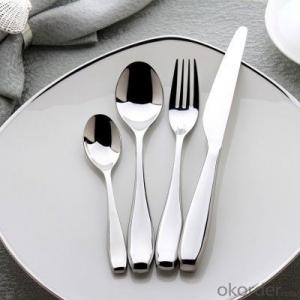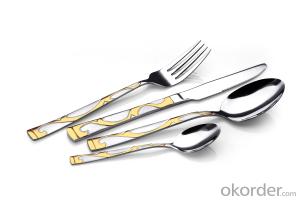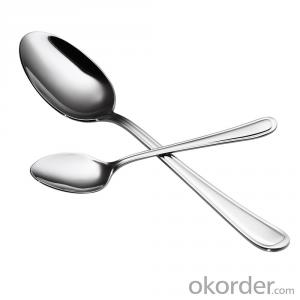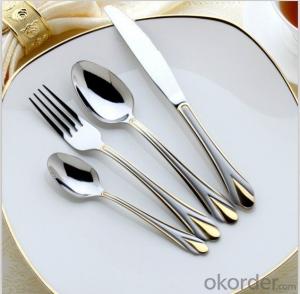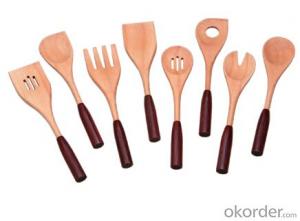Welded Stainless Steel
Welded Stainless Steel Related Searches
Weld Stainless Steel Hardened Stainless Steel Stainless Steel Weld Stainless Steel Welder Weld Galvanized Steel Quilted Stainless Steel Anodized Stainless Steel Colored Stainless Steel Bleached Stainless Steel White Stainless Steel Stainless Steel Welders Brushed Stainless Steel Blackened Stainless Steel Bending Stainless Steel Patinated Stainless Steel Galvanized Stainless Steel Tarnished Stainless Steel Metal Stainless Steel Painted Stainless Steel Scratched Stainless Steel Solder Stainless Steel Annealed Stainless Steel Stainless Steel Hardware Stainless Steel Stainless Surgical Stainless Steel Stainless Steel Wall Chain Stainless Steel Stainless Steel Metals Stainless Steel Molding Sealant Stainless SteelWelded Stainless Steel Supplier & Manufacturer from China
Welded Stainless Steel encompasses a wide range of products, including pipes, tubes, and fittings, that are manufactured by joining stainless steel sheets or plates together through a welding process. These products are known for their excellent corrosion resistance, strength, and durability, making them suitable for various industries and applications. Welded Stainless Steel is widely utilized in sectors such as construction, automotive, food processing, and pharmaceuticals due to its ability to withstand harsh environments and maintain its integrity over time. This product is particularly favored in applications where hygiene and cleanliness are of utmost importance, such as in the food and beverage industry, as well as in medical and surgical equipment manufacturing.Okorder.com is a reputable wholesale supplier of Welded Stainless Steel products, offering a comprehensive inventory that caters to the diverse needs of various industries. With a commitment to quality and customer satisfaction, Okorder.com ensures that the Welded Stainless Steel products they provide meet the highest standards and specifications. Their extensive range of products includes different grades of stainless steel, such as 304, 316, and 409, which are tailored to suit specific applications and environments. By partnering with Okorder.com, customers can access a vast selection of Welded Stainless Steel products, all under one roof, making it a one-stop solution for all their stainless steel requirements.
Hot Products
